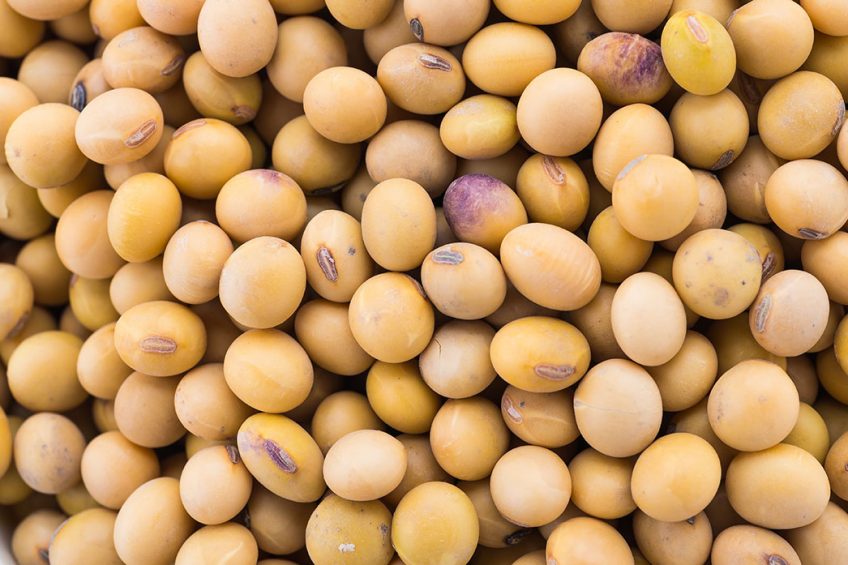Nigeria’s poultry sector faces soybean scarcity and AI

The scarcity and price hike of soybeans, a major ingredient used in poultry feeds, is fast crippling the poultry sector in Nigeria, which is now also facing the threat of bird flu.
After 2 years of no reported outbreaks in the country, Nigeria’s National Veterinary Research Institute has confirmed that avian influenza has resurfaced. The outbreak occurred in 2 backyard poultry farms of multiple species of ostriches, geese, turkeys, layers, and peacocks in Kano state. Thereafter, outbreaks have been confirmed in 2 commercial farms.
Shortage of soybeans for poultry feed
Meanwhile, Nigeria faces a severe soybean shortage. A 100kg bag of soybeans has risen to N24,000 (US$ 60.93) from N12,000 (US$ 30.47) a year ago, reports Premium Times. Added to this dire situation for poultry farmers is the scarcity of this chicken feed ingredient in the country, which follows reports of a shortage of maize. According to Onallo Akpa, DG of the Poultry Association of Nigeria, many poultry farms are closing because of the high costs of feed. “It is affecting the industry negatively, as soybean and maize constitute almost 80% of raw materials in feed production, and now soybeans and maize are in short supply,” he said. In Nigeria, popular substitutes for soybeans include groundnut cake, cotton-seed cake, and palm kernel cake, however, soybeans are the most preferred because of their high digestibility attribute, it is further reported.
 Boost for Nigeria’s poultry industry
Boost for Nigeria’s poultry industry
The Central Bank of Nigeria has released 12.55 bn Nigerian naira (US$ 31 million) to boost egg and meat production and create more jobs for Nigerians.
No rain, poor harvest
Hassan Dalha, an agriculturist and a soybean farmer, noted that a shortage of soybeans has resulted following poor rainfall last year, which resulted in a low yield. He forecast that the price would continue to climb because “peasant farmers appear to be the chief producers now and the little they are growing are sold to neighbouring countries,” reported the Premium Times.
Government assistance for farmers
The national president of the Soybean Farmers Association, Nafiu Abdu, suggested that the Nigerian government assist farmers with inputs early at an affordable price, and that farmers received regular training.













